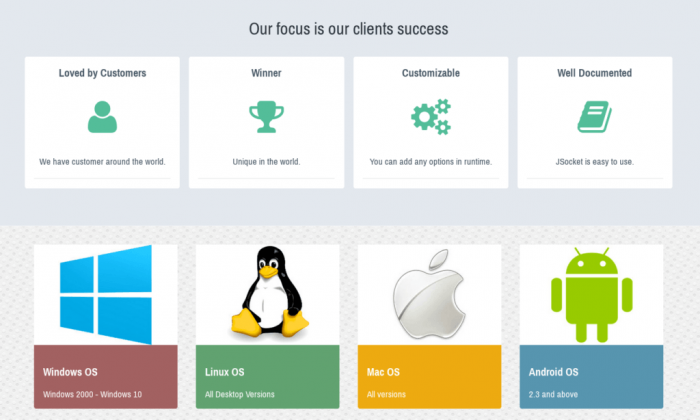
Securing smart city transport: two studies
Securing Smart Cities has contributed to two studies of The European Union Agency for Network and Information Security (ENISA) on the cybersecurity of public transport in a smart city.
1055 articles

Securing Smart Cities has contributed to two studies of The European Union Agency for Network and Information Security (ENISA) on the cybersecurity of public transport in a smart city.

Targeted attacks are visibly commoditizing, choosing cost efficiency over sophistication. If a combination of social engineering, tweaks to widely-available malware and legit apps can do the trick, why bother to create something original and exquisite?

Successful malware writers quickly figured that offering their creations to ‘people-with-a-purpose’ could be very profitable. Yet offering a service proved even more lucrative.

From ancient times, the banking business has been associated with the danger of theft. The advance of technology has provided criminals with extra opportunities.
Kaspersky Security Analyst Summit has begun! In this post we’re running a liveblog from the event – thoughts and impressions of the participants, updated in real time. So everybody’s welcome!

Cybersecurity isn’t something that should fall exclusively with CISOs and IT pros. Rather it is something that impacts employees from the mailroom to the cushy corner office.

Kaspersky Endpoint Security 10 can cipher not just one document, but entire archives and data storage media, both stationary and removable.

Securelist has just released its quarterly report on DDoS attacks, highlighting a number of trend characteristics for the end of the previous year as well as providing overall stats.

Kaspersky Lab’s flagship security product for small business has received Full Marks from the venerable AV-Test independent IT security institute.

The majority of targeted attacks hitting businesses nowadays are conducted with cyberespionage in mind, harvesting precious business secrets or confidential personal data. But from time to time attackers get up to something completely different – like sabotage.

The Hyatt hotel chain has revealed recently that 250 of 627 of its properties worldwide were infected with money-stealing malware.

Kaspersky Lab is pleased to share its successful experience of collaborating with the largest NGO in the world, Bangladesh-based BRAC.

There’s an expression that goes, “The walls have ears.” Well, today unfriendly “ears” are right in your pockets: spying software in mobile devices.

Microsoft dropped security support for Internet Explorer versions 8, 9, and 10 on some Microsoft platforms last week. It wasn’t sudden. There was time to get rid of it. Unfortunately, it wasn’t so easy to accomplish.

Microsoft has just patched a zeroday vulnerability in its Silverlight web multimedia technology, which was investigated by Kaspersky Lab.

Over the first week of 2016, a handful of important cybersecurity news came in, including those directly and indirectly affecting businesses worldwide.

Late in December, the term “whaling” mildly spiked in cybersecurity-related media outlets. The term isn’t exactly new, but it isn’t encountered as often as “phishing”.

For the first 2016 Kaspersky Business blog post, we’ve chosen Commandments of Office Security, a handful of common problems with cybersecurity in the workplace, and the ways to solve – or at least mitigate – them.

DDoS attacks are a formidable (and somewhat regular) problem for businesses, but occasionally they appear to be a threat for the entirety of Web. On Nov. 30 and Dec. 1,

On the tracks of (relatively) recent research on the Brazilian cyberunderground comes news of a “re-ignited” banking malware which is using Facebook as a means of distribution. The threat itself